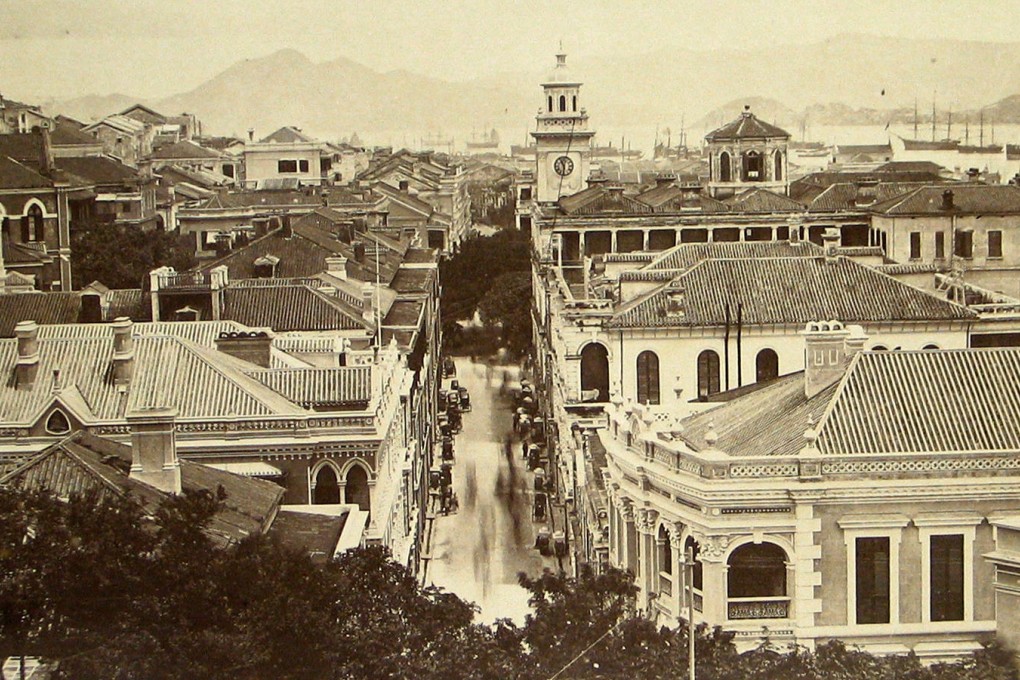Then & Now | Little tricks Hong Kong’s wealthy use to keep dim-witted offspring busy
Wealthy parents are often more than happy to help turn their less-than-stellar offspring’s hobby into an unprofitable reality, writes Jason Wordie

From the 19th century onwards, “trailing spouses” have made their own way in Hong Kong, opening businesses and forging existences quite separate from their husband’s work role.

Not all “hobby” businesses are intended to turn a profit – or are operated by trailing spouses. Have you ever wondered just how – in times of catastrophically spiralling rents – various small “businesses” found across Hong Kong can possibly make any money? From Kennedy Town to Tai Hang, examples abound of chic patisseries selling “artisanal” this or “hand-made” that, or tiny boutiques lightly stocked with virtually one-of-a-kind homewares or garments.
Merely to cover the rent, these “businesses” would need to be six deep in customers, 48 hours a day. Most of the time, they’re clearly not – so what’s the real story behind them? The answer is simple; these enterprises are not money-spinners.
Historically, Hong Kong has produced plenty of wealthy families with the occasional dimwitted offspring. No successful businessman in their right mind would allow these family members anywhere near their key business boardrooms.
Nevertheless, something must be found to occupy their time, lest shame-causing mischief become the bedfellow of idle hands and vacant minds. But what?
